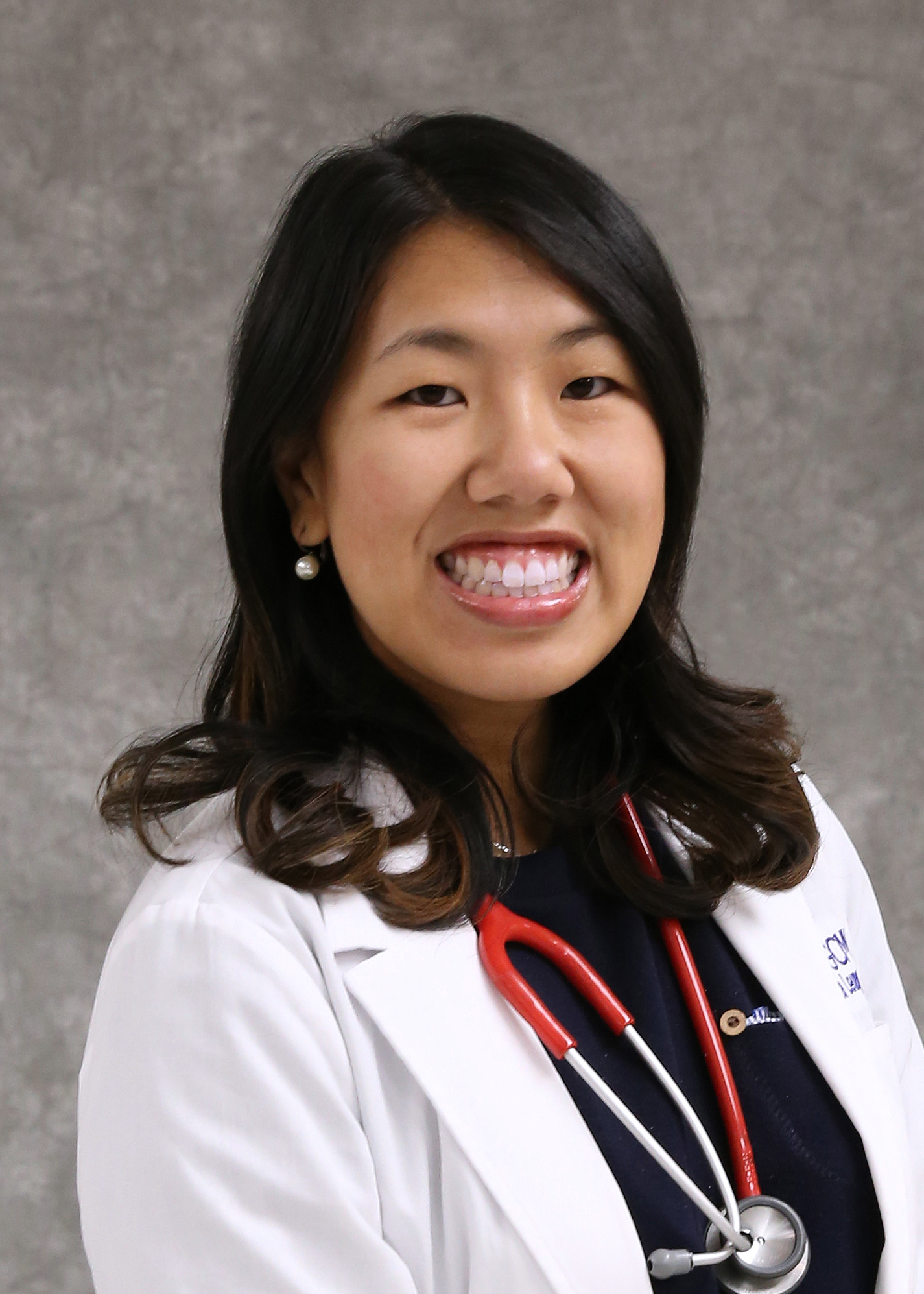
Erika Leung
Ste Genevieve County Memorial Hospital, Missouri, USA
Biography
Erika Leung has completed a Bachelors degree in Physiology and a Masters decgree in Epidemiology at McGill University in Montreal, Canada. She went on to continue medical school at Saba University School of Medicine and completed her Internal Medicine residency in St Louis, Missouri. She then completed a geriatric medicine fellowship at Harvard Medical School (Beth Israel Deaconess Medical Center and Brigham and Women’s Hospital) in Boston, Massachusetts. She is now working as an internist and as a geriatrician at Ste Genevieve County Memorial Hospital in Ste Genevieve, Missouri. She works in assisted living facilities, nursing homes and in outpatient clinics.
Abstract
Diabetes in older adults present unique challenges and require considerations that are not necessarily associated with traditional diabetes management. In the US, there has been a shift towards an increasing older population and by 2029, more than 20% of the total US population will be over 65. More than 25% of American older adults (>65 years of age) have diabetes and in 2015, it was the 7th leading cause of death. Older adults also tend to have higher rates of complications. There are different living situations for older adults (community dwelling, assisted living facility, nursing home facility) which can affect diabetes management and impact diabetic care. Suggested HbA1c goals and fasting glucose averages also differ according to patient comorbidities, functional status and cognitive status. More complex patients with multiple comorbidities may have higher treatment burden and may be at greater risk for hypoglycemia and falls. There are many geriatric syndromes that are commonly associated with diabetes and the role of the HbA1c also differs in the care of older adults. It is crucial for providers to be aware of the differences between the approach to pharmacotherapy in older adults and younger adults.